- +(86) 18681141326
- [email protected]
- Building 2, No. 8, Guangbao Road, Qishi Town, Guangdong Province, CN
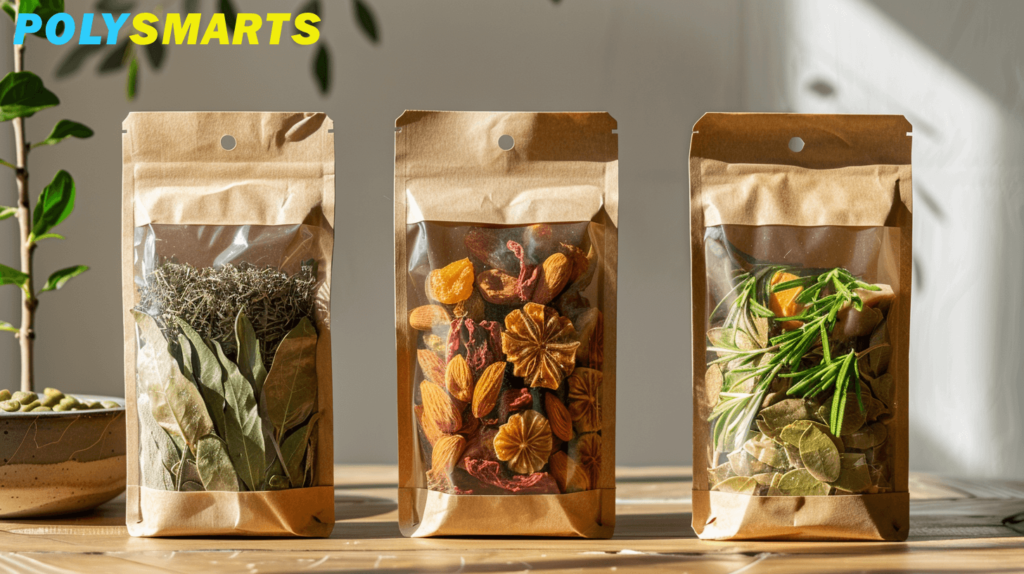
As environmental awareness grows, consumers and businesses alike are seeking out sustainable solutions to reduce plastic pollution and waste. This rising trend has led to innovation in eco-friendly food packaging, with sustainable packaging bags leading the charge.
Made from plant-based, compostable materials like sugarcane and bamboo fiber, sustainable packaging bags offer a green alternative to traditional plastic bags. Biodegradable, recyclable, and compostable, these bags break down safely when disposed of properly, minimizing environmental impact.
Sustainable packaging bags provide versatility in usage while upholding eco-conscious values. Here are some of the key benefits driving their adoption:
Reduced Plastic Waste: Made from renewable materials, sustainable bags reduce reliance on plastic. This mitigates plastic pollution and landfill contributions.
Lower Carbon Footprint: Alternative materials like plant fibers require less energy to produce than traditional plastics. Sustainable bags have up to 80% lower carbon emissions.
Resource Conservation: Opting for renewable, plant-based materials conserves fossil fuels and other non-renewable resources needed for plastic production.
Compostability: Many sustainable food bags safely break down through commercial composting, reducing waste sent to landfills. Their compost even enriches soil.
Reusability: Some sustainable bags are durable enough for repeated use. Reusable bags prevent waste while providing versatility and convenience.
Today’s consumers actively seek out and support brands that reflect their environmental values. As interest in sustainability, transparency, and eco-friendly practices grows, sustainable packaging bags present an opportunity. More companies adopt sustainable packaging to:
Boost brand image: Demonstrating environmental commitment attracts positive consumer perceptions.
Increase sales: Consumers show preference for and willingness to pay more for green products and packaging.
Adhere to regulations: Jurisdictions worldwide are implementing single-use plastic bans and packaging regulations centered on recycling and renewability.
Uphold CSR goals: Sustainable procurement and packaging help corporations meet corporate social responsibility targets.
With increased environmental awareness among consumers and businesses, sustainable packaging bags are poised to become the norm, not the alternative. Compostable, renewable materials present a ready solution to shift away from plastic reliance in food packaging and beyond.
Brands and consumers hold the power to drive positive environmental impact through simple, daily choices – like opting for a plant-based food bag over a plastic one. These small, sustainable swaps promote resource conservation and waste reduction. When we make better choices for the planet, our future looks much greener.
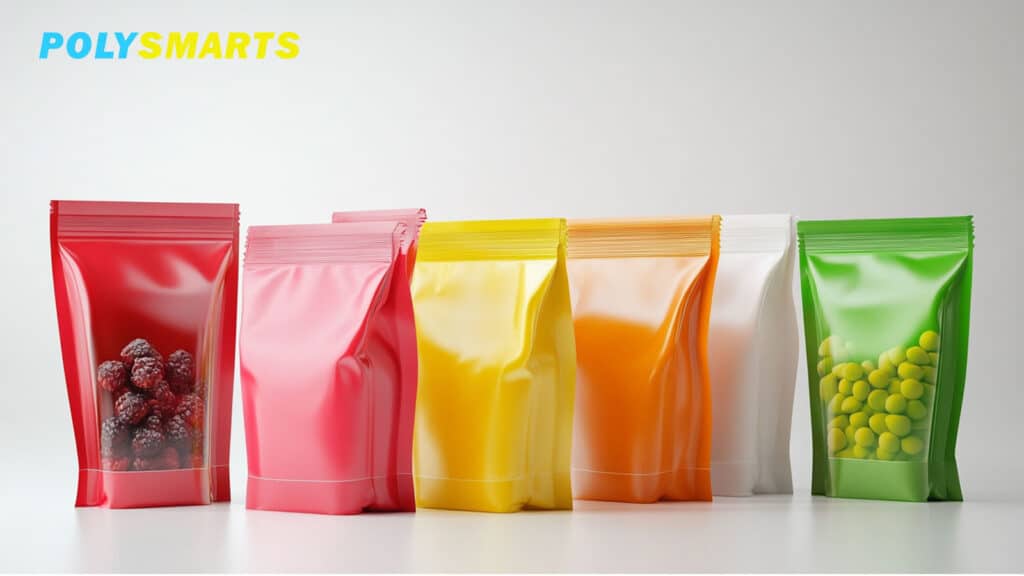
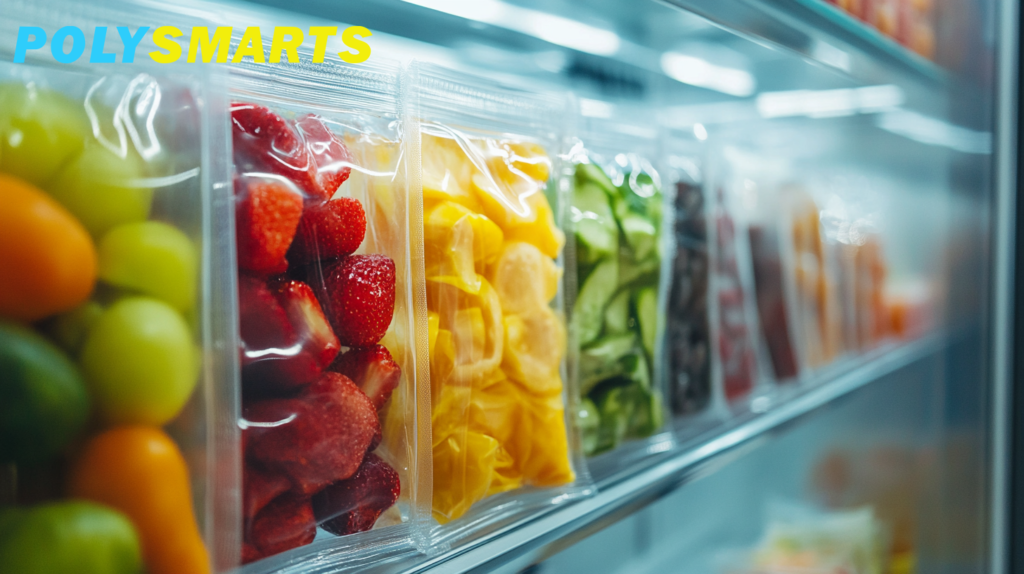
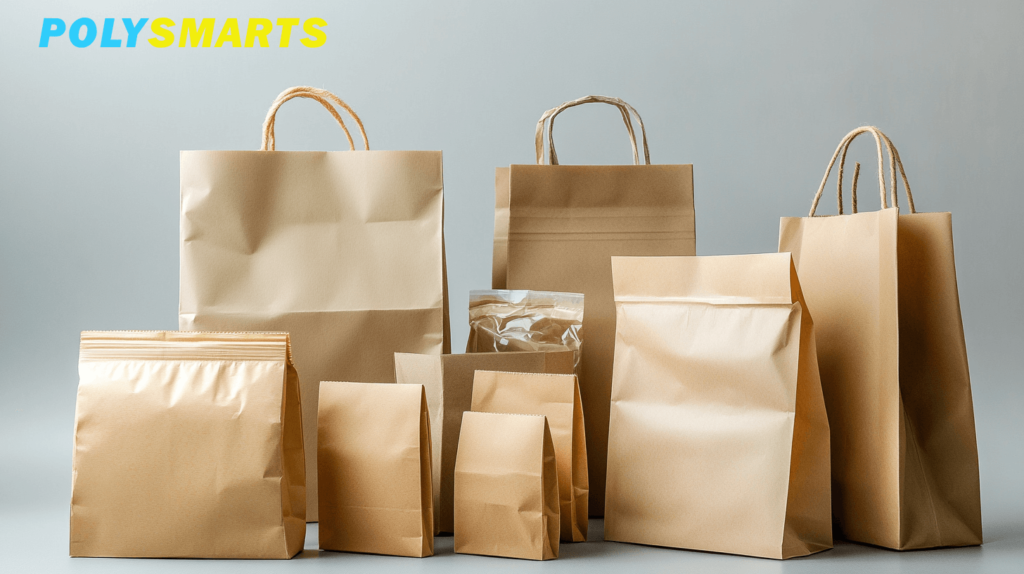
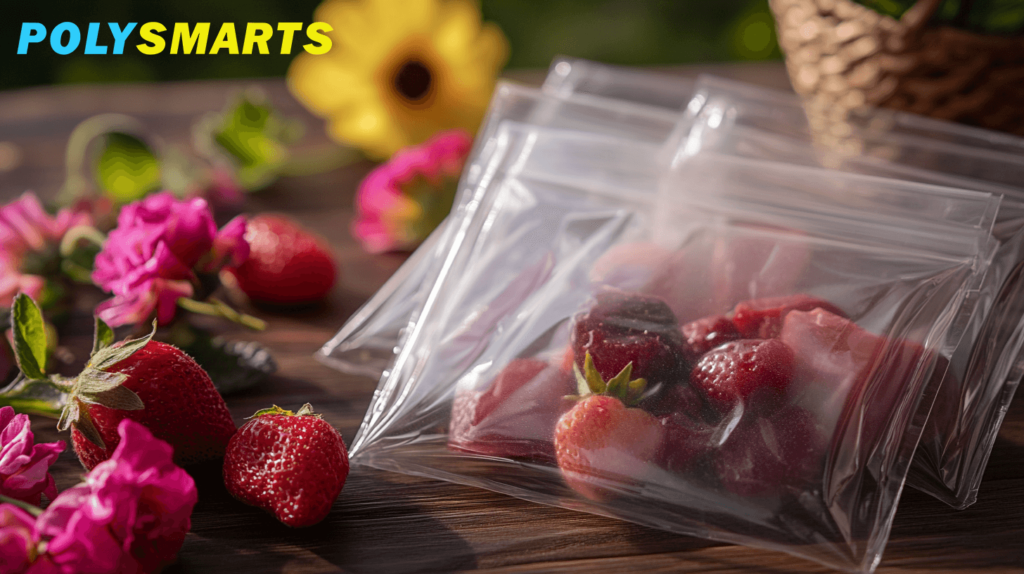

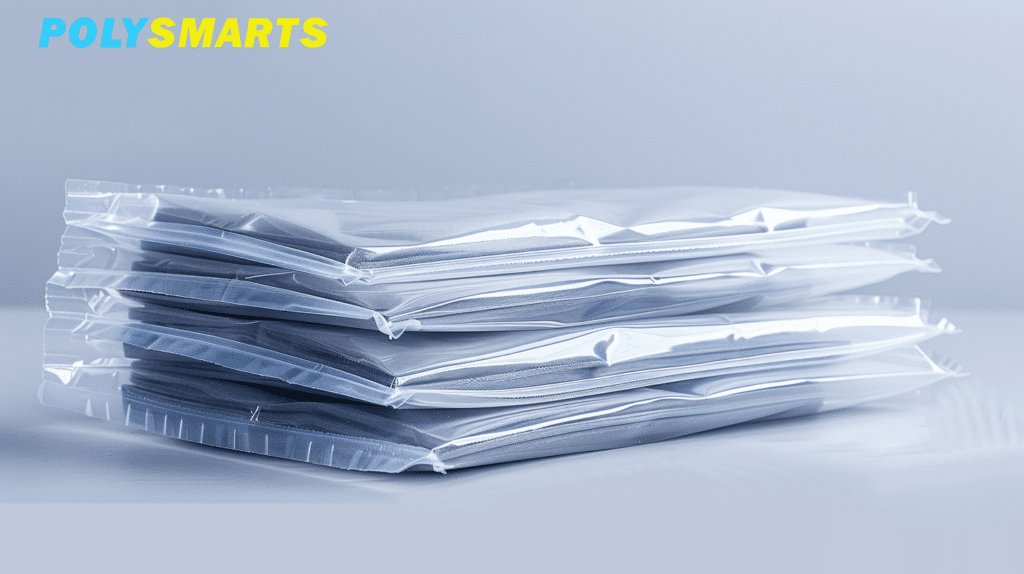
Simply fill out the form below as best you can. Don’t worry the details.
Flexible packaging bags offer superior versatility compared to rigid packaging. Learn how these innovative bags can be customized for countless applications from food to medical uses.